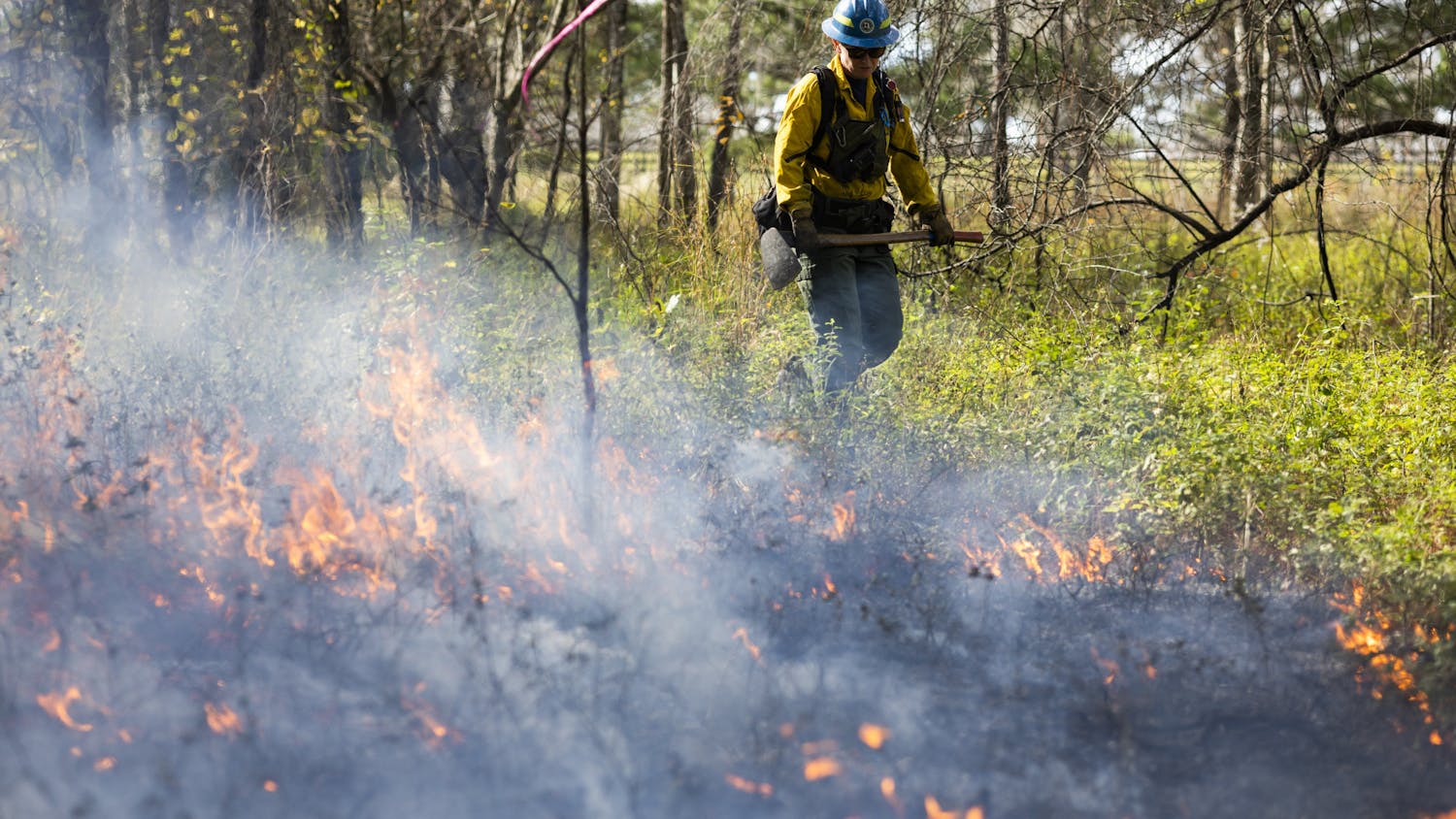North Florida is home to the largest assemblage of artesian springs in the U.S. From Wakulla Springs near Florida State University, Ichetucknee Springs near UF, Wekiwa and Rock springs near the University of Central Florida and Weeki Wachee Springs near the University of South Florida, Florida’s adventurous college students know the springs are perhaps the best-kept secret to surviving the three-season heat and humidity typical of Florida and for finding a refreshing alternative to crowded beaches.
Springs are perhaps the closest students can come to experiencing the real Florida: the land originally inhabited by the first people and subsequently conquered by the conquistadores searching for gold and profit.
To early residents of the state and for many of today’s generation who are thoughtful about treating our beleaguered environment with more respect, springs are held to be sacred and filled with magic.
What’s more amazing than walking through a dry woodland with no sign of surface water to sustain life and then stepping into a dense green oasis of plants and wildlife with a sparkling azure liquid eye staring skyward from deep inside the Earth?
Before the advent of bottled spring water, springs were the fountains of life — a site of perpetual water bounty beyond the capability of human imagination. Springs provide a chance to not only drink that nourishing water, but also to dive in and see an underwater world of plants and fish living in natural harmony. For those who are even more adventurous, springs offer a portal into the underworld of flowing groundwater rivers, blind cave crayfish, the bones of extinct megafauna and, when the dive light is shut off, a darkness that must be experienced to be believed.
As with all parts of the formerly untainted environment we share with nature, springs are also being harmed and are losing their pristine water quality, their life-nourishing flows and the plants and wildlife that were once so abundant.
It is for this reason that the UF chapter of the American Water Resources Association is partnering with the Howard T. Odum Florida Springs Institute to raise the awareness of college students about the challenges facing healthy springs. There is still time enough to turn the tide of the loss of water quality and quantity at North Florida’s springs.
But the task is large, and the Springs Institute and its partners are very keen on educating and engaging young adults in this important effort. The Silver Springs and Ichetucknee Springs that existed when I was in college at UF nearly 40 years ago no longer exist. They cannot be found, but they can be restored.
You can take a part in this important effort of preserving our heritage. “Give Springs a Break” and join us at Ginnie Springs Outdoors for a weekend of spring immersions from April 4 through 6.
Visit the Springs Institute website, floridaspringsinstitute.org, to register for this unique educational spring’s break.
[Robert Knight is director of the Howard T. Odum Florida Springs Institute in Gainesville. A version of this column ran on page 7 on 3/24/2014 under the headline "Gators: Be aware of springs resources"]





